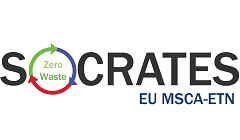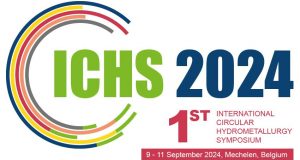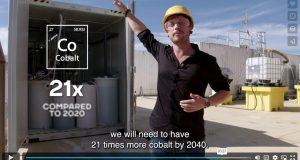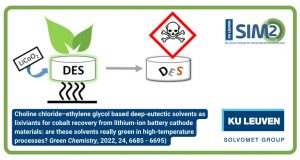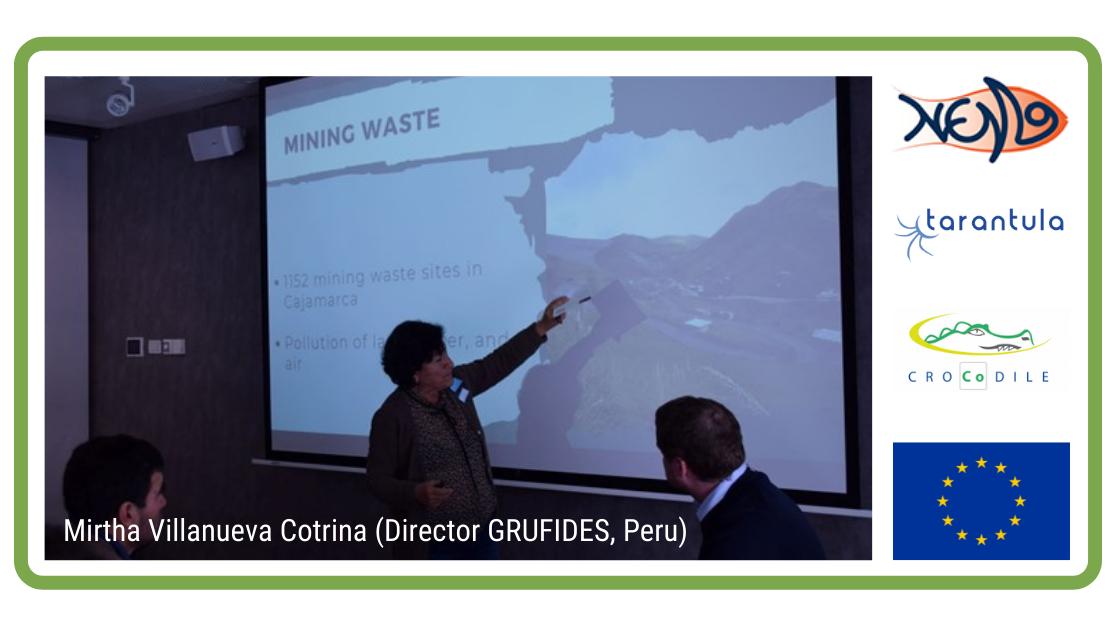Overcoming challenges in the circular economy
In this first EU MSCA-ETN SOCRATES Policy Brief, guest authors – Justin Salminen and Sirpa Olaussen from Boliden – provide their view on the challenges with respect to the zero-waste valorisation of low-grade ores and metal-containing industrial process residues. Salminen and Olaussen stress the importance of carefully explaining the overall impact of policy decisions and their consequences. Zero-waste may sound nice but in reality this is not straightforward to achieve: a thermodynamic reality check is vital, as is discussed in detail in this Policy Brief. Finally, Salminen and Olaussen offer a number of recommendations for policy makers in the metals and minerals sector.
In this first EU MSCA-ETN SOCRATES Policy Brief, guest authors – Justin Salminen and Sirpa Olaussen from Boliden – provide their view on the challenges with respect to the zero-waste valorisation of low-grade ores and metal-containing industrial process residues. Salminen and Olaussen stress the importance of carefully explaining the overall impact of policy decisions and their consequences. Zero-waste may sound nice but in reality this is not straightforward to achieve: a thermodynamic reality check is vital, as is discussed in detail in this Policy Brief. Finally, Salminen and Olaussen offer a number of recommendations for policy makers in the metals and minerals sector.
*
*
About SOCRATES
The European Training Network for the Sustainable, zero-waste valorisation of critical-metal-containing industrial process residues (SOCRATES) targets ground-breaking metallurgical processes, incl. plasma-, bio-, solvo-, electro- and ionometallurgy, that can be integrated into environmentally friendly, (near-)zero-waste valorisation flow sheets. By unlocking the potential of these secondary raw materials, SOCRATES contributes to a more diversified and sustainable supply chain for critical metals (cf. Priority area 3 in EC Circular Economy Action Plan; COM(2015)614/2). The SOCRATES consortium brings together all the relevant stakeholders along the value chain, from metal extraction, to metal recovery, and to residual matrix valorisation in added-value applications, such as supplementary cementitious materials, inorganic polymers and catalysts. To maximise applicability, SOCRATES has selected four commonly available and chemically complementary residue families: (1) flotation tailings from primary Cu production, (2) Fe-rich sludges from Zn production, (3) fayalitic slags from non-ferrous metallurgy, and (4) bottom ashes from incineration plants. As a basis for a concerted effort to strengthen the EU’s critical-metal supply chain for Ge, In, Ga and Sb, SOCRATES trains 15 early-stage researchers (ESRs) in technological innovation: metal extraction (WP1), metal recovery (WP2), residual matrix valorisation (WP3) and integrated assessment (WP4). By training the ESRs in scientific, technical and soft skills, they are the next generation of highly employable scientists and engineers in the raw-materials sector.
*
Artefact Symposium: 21 FEB 2018
These aspects will also be discussed during the Artefact Symposium on the Social License to Operate for the mining (and recycling) of critical metals. Register for this Symposium (free of charge) here. The rationale for this Symposium is the paradox between the importance of critical metals for the transition to a low-carbon, cleantech-based economy on the one hand and the not-always-so-positive image of the primary mining industry on the other hand. Clean energy and clean mobility for instance require vast amounts of rare earths (neodymium, dysprosium etc.) for the permanent magnets that are needed in wind turbines or electric motors for Hybrid and Electric Vehicles (HEVs). Likewise, energy storage systems and HEVs need even increasing amounts of lithium and cobalt for the Li-ion NMC batteries. Emission control systems require Platinum Group Metals such as platinum, palladium and rhodium. Unfortunately, the mining of these metals does not always happen in the best environmental and/or human rights circumstances. Mining conflicts in China, Congo or Latin-America are widespread. In Europe, where concentrations of critical metals are less outspoken than in other parts of the world, primary mining is often blocked by local activist groups, who don’t want to see industrial mining activities to take place in “their backyard”. Although there can be good reasons for this rejection, this often may also imply that the environmental burden is shifted to other parts in the world, as clean technologies and also hi-tech electronics (e.g. smart phones, laptops etc.) are critically dependent on the mining of these types of critical metals. Some argue that the West behaves hypocritically: European citizens want to enjoy the luxury of hi-tech electronics (e.g. smart phones and electronics) and a multitude of cleantech products (electric bikes and cars, solar panels, clean energy) but don’t want to share in the burden of the primary production of these metals.

